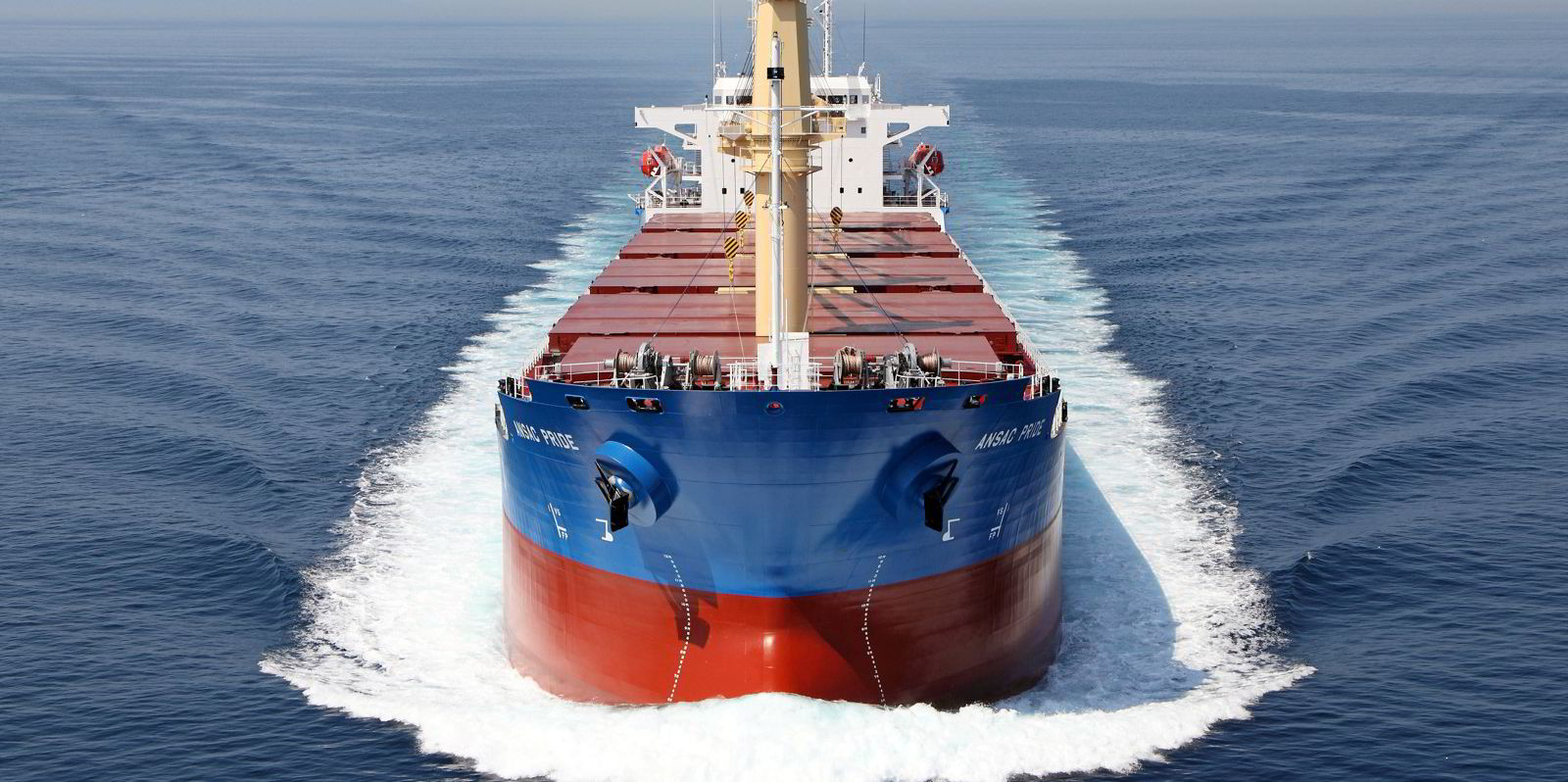Japanese bulker player Uni-Asia Group says it is taking advantage of strong valuations to offload the older vessels in its fleet.
The Singapore-listed shipowner said it has just agreed to sell the 29,000-dwt Uni Wealth (built 2009) to an undisclosed buyer. Financial terms were not disclosed.
This is the second vessel to be offloaded by the company in recent months following the sale of the 28,709-dwt Uni Auc One (built 2007) which resulted in a gain of $2.3m.
“While the charter market for dry bulk softened in 2023, dry bulk secondhand prices remained strong,” Uni-Asia Group said.
“This is attributed to the fact that newbuilding prices have risen over the past year driven by strong shipyard capacity utilisation from the high level of container ship and gas carrier ordering over the past two years.
“The group capitalised on favourable secondhand market prices for dry bulk vessels, strategically divesting its older vessels, to recycle capital and strengthen its financial position,” the shipowner added.
With the disposal of the two 29,000-dwt ships, Uni-Asia Group said all of its eight wholly-owned ships were built in 2011 or later, reducing the average age of the group’s fleet to about 10 years.
News of the latest vessel disposals came as Uni-Asia Group reported a 93% decline in net profit for the second half of the year to $800,000.
Revenue for the six months declined by 24% year on year to $28.3m, while costs inched up by 2% to $24.3m.
Charter income decreased by 42% year on year to $37.8m in 2023, with the average daily charter rate for the group’s wholly-owned dry bulk carriers falling to $10,648 per day for 2023 versus the $18,834 per day in the previous year.
“After the exceptional years of 2021-2022, the shipping market began normalising from the latter half of 2022 as factors such as port congestion were not as acute after the pandemic,” Uni-Asia Group said.
Looking ahead, the shipowner said 2024 would be a year filled with “many geopolitical and climate uncertainties”, including the ongoing Russia-Ukraine war, conflict in the Middle East, US presidential elections and a slowdown in the Chinese economy.
“All these factors have varying impacts on the shipping market including the dry bulk market. Against this backdrop, there are mixed signals on the potential dry bulk tonne-mile demand in 2024,” Uni-Asia Group said.
“While the charter rates may be uncertain … secondhand prices, especially for younger ships, are expected to stay strong in 2024 due to high newbuilding prices driven by strong shipyard utilisation.
“In view of the above, the group monitors intently charter rates for its 38,000-dwt and 29,000-dwt ships in the adoption of the most optimal mix of longer and shorter time charters.”





